Central African Republic
Medecins Sans Frontieres (MSF) on Thursday said militia fighters attacked, kidnapped and raped en masse a large group of women in an isolated area of Central African Republic last month.
The medical charity treated 10 survivors of the Feb. 17 violence near Kiriwiri, a village in the country’s northwest. Fearing further attacks if they tried to reach a hospital, the women were unable to seek medical treatment until about two weeks later, it said.
Many other victims remained behind, fearing that, as rape victims, they would be stigmatised in their community.
“Some were totally in shock, others paralysed by fear or unable to talk about the incident. Some of the women had open wounds caused by blades,” said Soulemane Amoin, a midwife at the hospital in the town of Bossangoa where the women were treated.
“It was terrible to see. It broke my heart.”
In its statement, MSF said the women had left their village to fetch water and tend to their fields when the militiamen arrived. Some women fled, but others were grabbed and brought back to the militia’s base where they were repeatedly raped before being let go, it said.
MSF did not identify the group behind the assault.
“This attack is one of the consequences of the new wave of senseless violence that broke out at the end of 2016 and continues without let-up,” said Paul Brockmann, who heads MSF’s mission in Central African Republic.
The hospital at Bossangoa has treated 56 rape victims since September, up from 13 in the previous eight months, MSF said.
It has also treated around 300 victims of rape and sexual assault from around the country each month so far this year at its main hospital in the capital, Bangui.
The rapes near Kiriwiri coincided with a surge in violence in Bossangoa and the surrounding areas.
Central African Republic descended into chaos after mainly Muslim Seleka rebels ousted president Francois Bozize in 2013, provoking a spate of killing by Christian anti-balaka militias.
Despite the deployment of a 12,000-strong U.N. peacekeeping mission, rival armed groups still stalk much of the countryside. The U.N. Security Council approved an extra 900 peacekeepers in November to help to protect civilians.
However Gabon, which contributes around 550 soldiers to the mission, announced on Thursday it was planning to withdraw its contingent, citing what it said was a “progressive return of peace and stability”.
Reuters




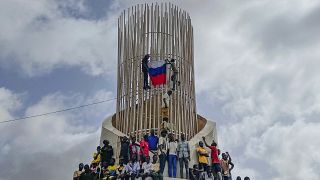

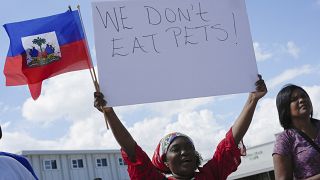
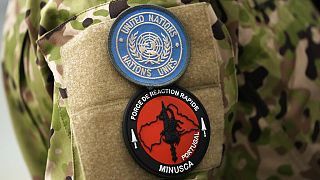
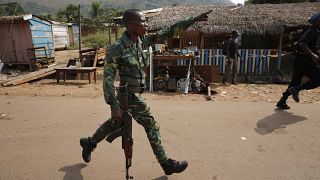
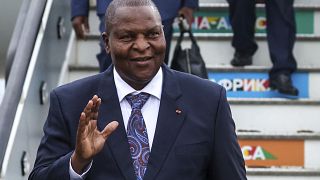
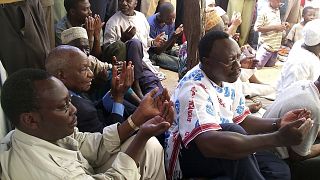
01:38
Top Investigator: "War is being fought on the bodies of women in Sudan"
01:19
MSF suspends operations in Haiti amid fresh wave of violence
00:59
Violence continues to escalate in Haiti
01:57
CAR: MINUSCA head stresses “importance of” renewing stabilization mission’s mandate
02:19
Burkinabe playwright aims to break the silence about rape
01:40
Madrid coach says Mbappé 'not affected' by reports of investigation in Sweden